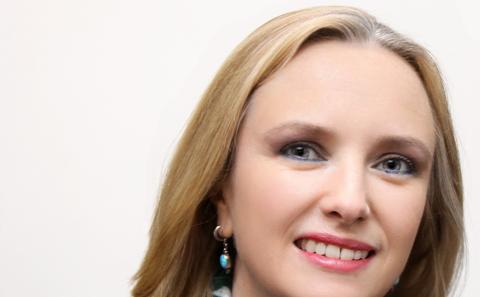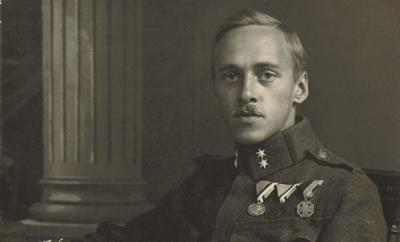Healing the Wounds of War: Nature and the Therapeutic Arts in the First World War Event

- Time:
- 18:00
- Date:
- 10 May 2018
- Venue:
- Avenue Campus, SO17 1BF
For more information regarding this event, please email HumsReception@soton.ac.uk .
Event details
Part of the Great War: Unknown War Lecture Series
Research into rehabilitation practices in response to unprecedented cases of wounds and disabilities during WW1 focuses on retraining and getting men back into work. Occupational therapy and ‘beside’ handicrafts have been overlooked in the scholarship. This paper will explore the culture of rehabilitation aimed at healing the physical and psychological wounds of servicemen. It examines the role of the haptic senses in occupational therapy and in the vocational retraining of the blind as masseurs and physiotherapists. It will also discuss military patients’ creative responses to the moral pressure to overcome painful wounds and disabilities. Highlighting the popularity of nature in medical and cultural responses to the war, the paper explores the idea that nature provided an imaginative sanctuary that was therapeutic and enabled a degree of ‘soft resistance’ to the brutality of modern industrial warfare and rehabilitation's emphasis on masculine labour as the key to recovery.

Speaker information
Professor Ana Carden-Coyne,University of Manchester,Director of the Centre for the Cultural History of War (CCHW) in the School of Arts, Histories and Cultures. Her latest book derives from an AHRC funded project, The Politics of Wounds: Military Patients and Medical Power in the First World War, (Oxford University Press, 2014). An earlier monograph, Reconstructing the Body: Classicism, Modernism and the First World War (Oxford University Press, 2009) examines the impact of war on culture and society, and the powerful political and personal forces that motivated reconstruction between 1918 and 1933 in Britain, the United States and Australia, and reflecting on wider experiences in Europe. Carden-Coyne has edited a volume on Gender and Conflict Since 1914: Historical and Interdisciplinary Perspectives (Palgrave, 2012), which brings scholars from the humanities and social sciences together to consider the impact of war on gender roles in the past and present.